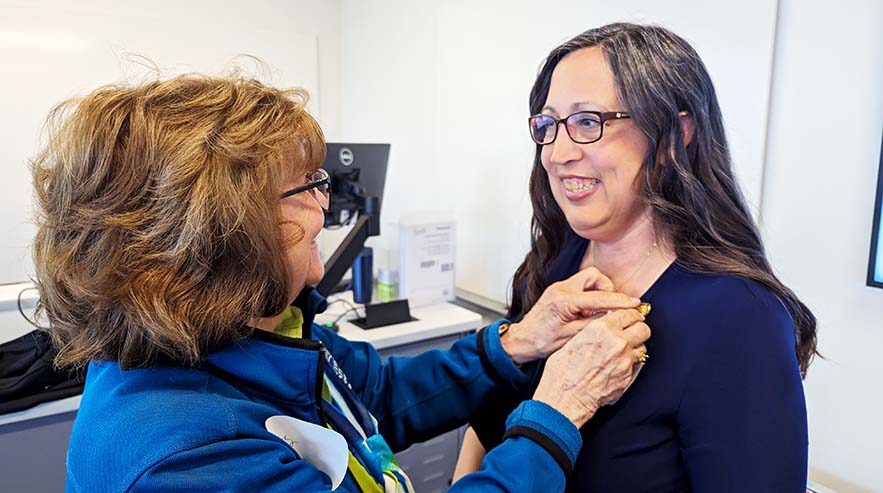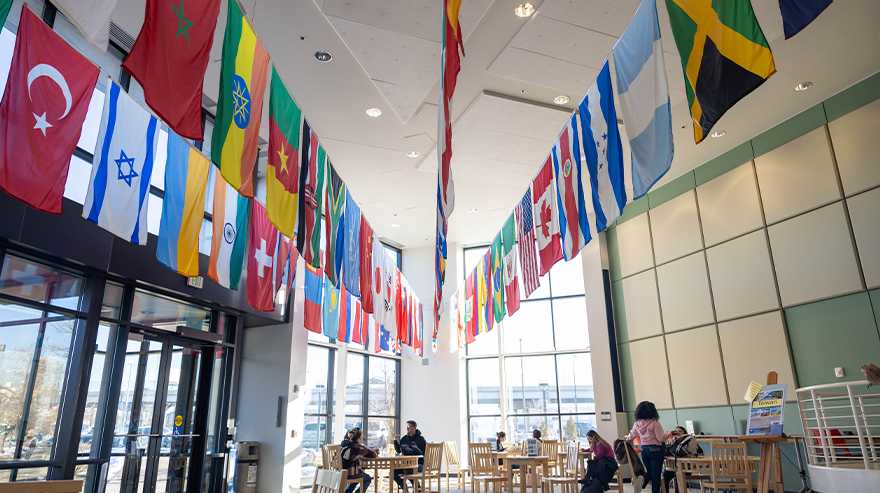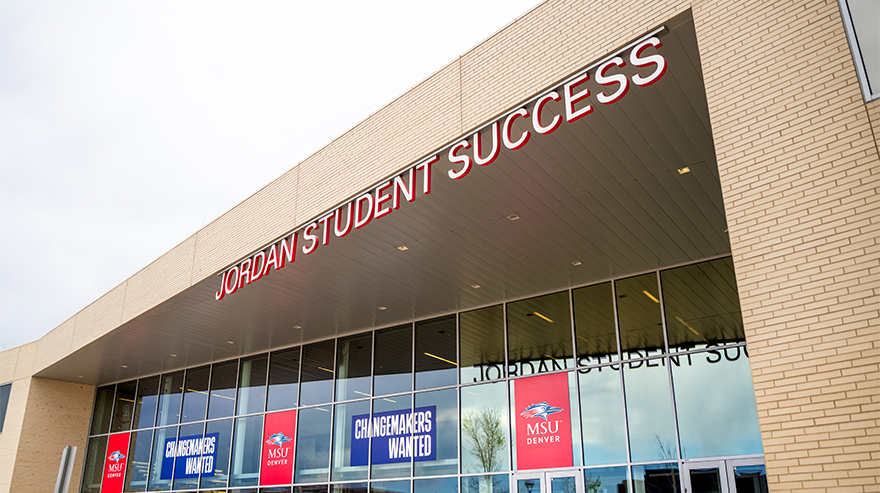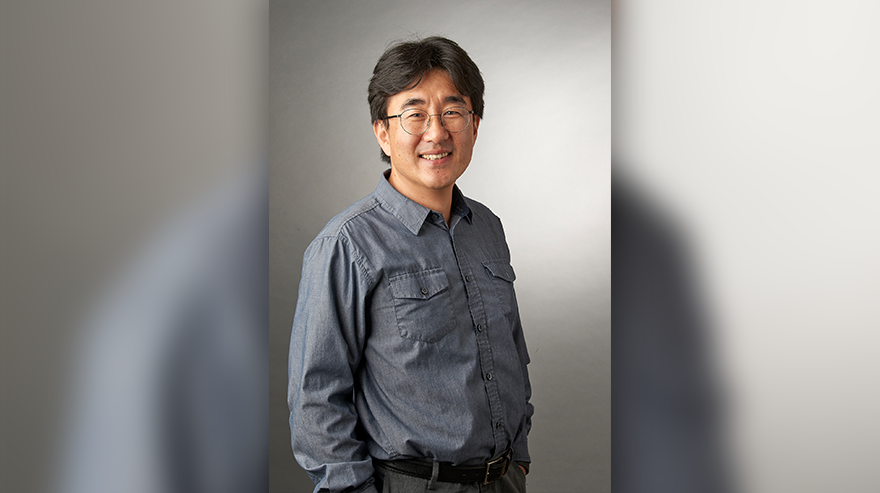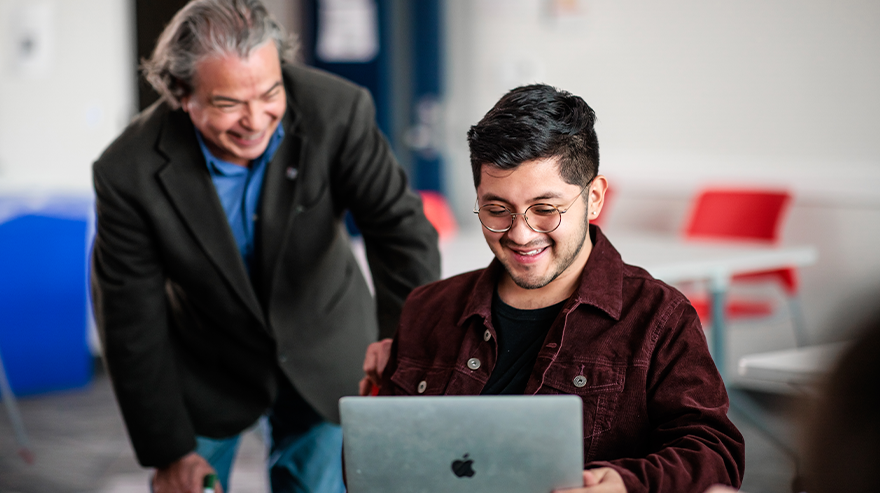Metropolitan State University of Denver faculty members are experts in their fields — but some are taking on the role of students to become better teachers. Through a partnership with the Association of College and University Educators, faculty members learn research-based teaching practices aimed at improving student achievement and closing equity gaps. Participants can earn a nationally recognized Certificate in Effective College Instruction, endorsed by the American Council of Education.
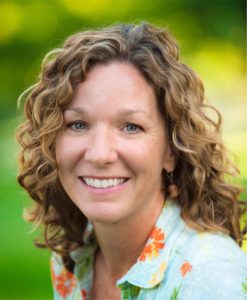
“It is still pretty unusual for college faculty to take a course about teaching,” said Bridget Arend, associate director of Teaching and Learning and the ACUE program facilitator. “At our teaching-focused institution, this broad commitment across disciplines is commendable.”
Since 2019, more than 130 faculty members have achieved full certification after completing four core courses, and many others have engaged in at least one course.
Immediate classroom impact
Jenny Allert, associate professor and chair of the Nursing Department and recent ACUE course participant, highlighted how these practices have transformed her teaching. “I decided to enroll in the ACUE courses to deepen my skills in effective teaching practices and enhance student engagement,” she said. “One of the key strategies I implemented was structured student feedback through low-stakes check-ins. This helped me adjust my teaching in real time.”
Each week during the semester, ACUE participants implement evidence-based teaching methods, discuss challenges and reflect on their progress. This approach allows faculty members to make immediate adjustments that enhance student learning.
Allert’s integration of active-learning strategies, such as group discussions and case studies, fostered a more interactive classroom. “Students became more engaged, participated more frequently and retained material better,” she said. “The strategies I learned had a noticeable impact on my students’ confidence and overall performance.”
A broader reach
The inclusive teaching strategies promoted by ACUE also encourage collaboration among faculty members. Rachel Ego, an affiliate professor in the School of Hospitality, reshaped her teaching approach based on her learnings. “The active-learning skills and discussions with other teachers were incredibly helpful,” she said. “I now give students clear directions and use visualization tools, which has helped them become lifelong learners.”
For Ego, the feedback from peers and course facilitators was invaluable. “The tools and resources are so helpful,” she said. “Even a year later, I find myself referring to my notes.”
Both full-time and affiliate faculty members are eligible for these courses, showcasing the University’s dedication to continuous professional development. Participants can take just one course or all four courses over two years. The next ACUE course at MSU Denver, focused on supporting student motivation and self-directed learning, is set for spring. Applications are open now and are due Jan. 19.
Faculty members interested in upcoming ACUE courses can find more details and apply online.




